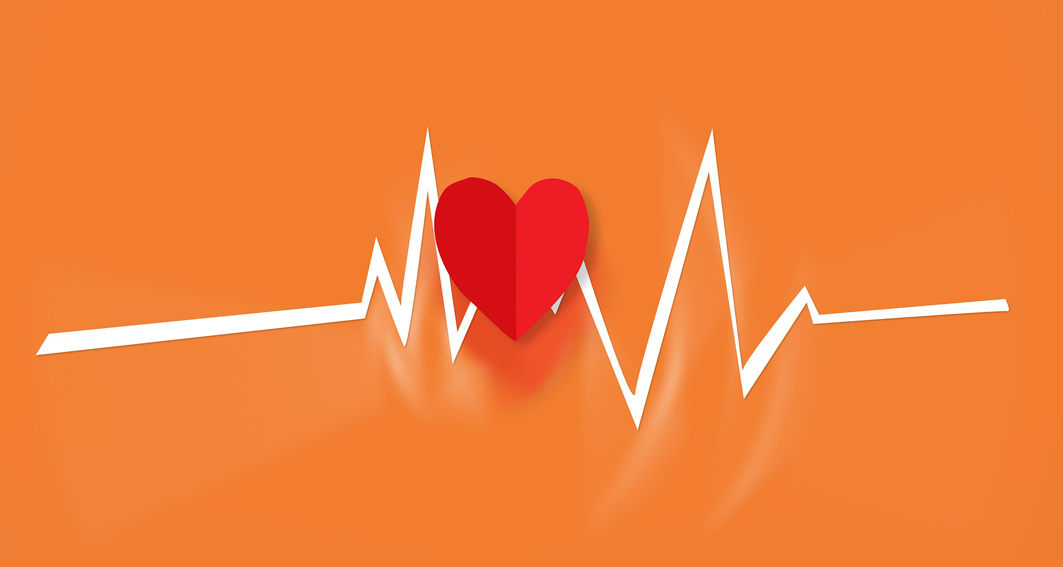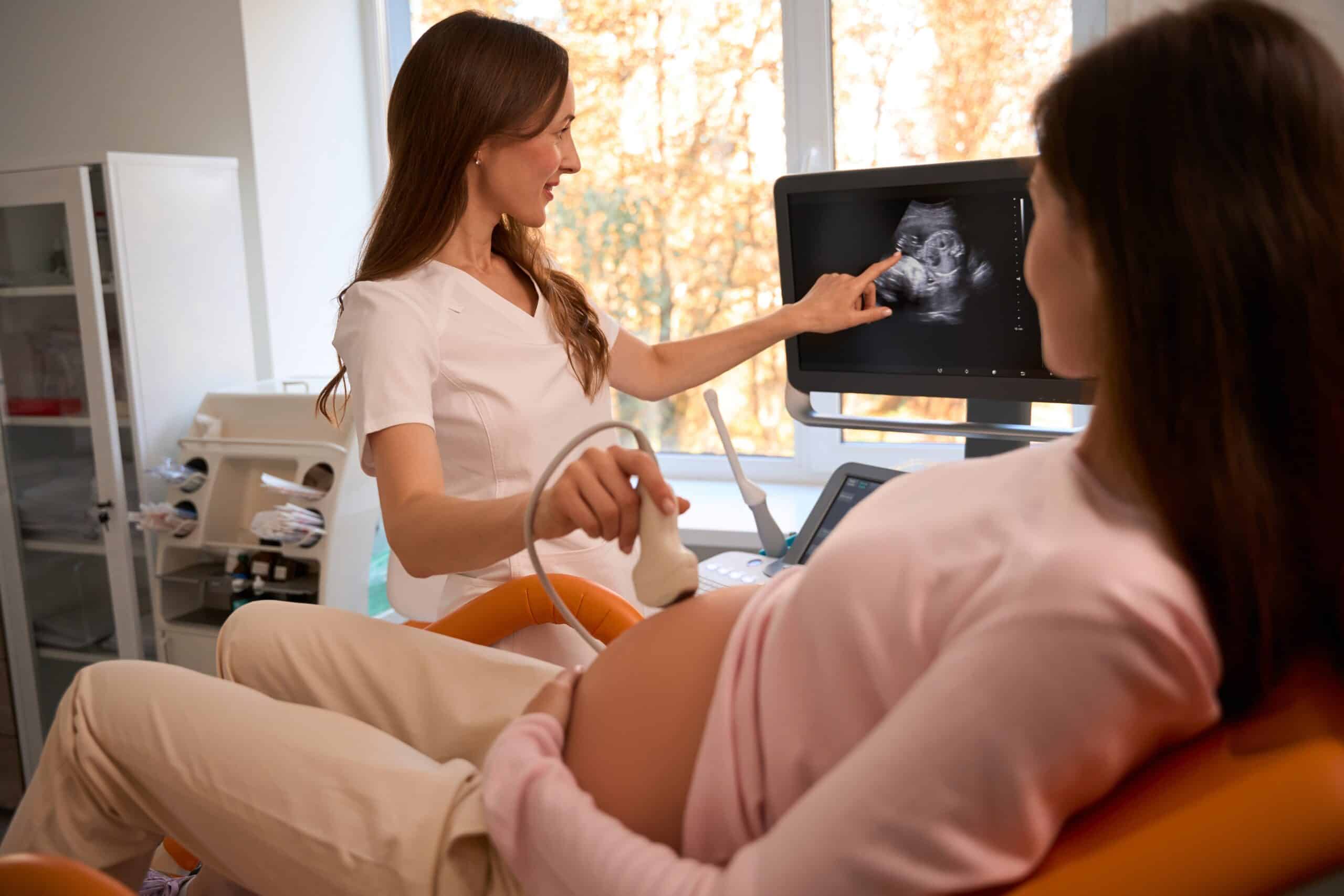Abortion Activists Attempt to Use “Research” to Disprove Heartbeat Bills. It Fails.

There is both good science and research, and then there is bad science and research.
An article from a journal entitled, “Sexual and Reproductive Health Matters,” demonstrated the latter when it published its first article in 2020: “A narrative analysis of anti-abortion testimony and legislative debate related to Georgia’s fetal ‘heartbeat’ abortion ban.” The authors’ attempt to disprove the narrative and science of Georgia’s Heartbeat Bill instead revealed a stunning level of ignorance and prejudice against the pro-life cause.
When it comes to science and research, academics should try to remain as unbiased as possible. It is okay to go into a project with an idea of what the conclusion might be, but the result of the data and research should always dictate interpretation and the researcher should admit when they’re wrong. But that is no longer the case when it comes to abortion.
In this particular article, the authors don’t even try to deny that their sole purpose is to create a roadmap for pro-abortion activists interested in defeating heartbeat legislation across the country. That isn’t research or science. It’s propaganda.
Throughout the article, the authors consistently cite their cause’s credibility by including terms like “reproductive justice,” “reproductive health,” “reproductive rights” and “social justice.” In comparison, those who espouse a pro-life position are portrayed as “misinformed,” “misinterpriting the facts” and spouting “lip service” for the cause. There was also a passage that said discussing only the heartbeat at the legislature was so simplistic that it gave the audience a “homunculus view of fetal cardiac development.” That’s not a compliment.
The authors also seemed frustrated by the lack of religious terminology, as if religion underscores the entire pro-life argument and that science is of little or no consequence to those who hold that view. Perhaps, most disturbingly, they stated that the entire process was an exercise of the dreaded “patriarchy” stating, “However, it is clear that patriarchal control of women’s bodies and the furtherance of fetal rights is the true goal, since women’s health was mentioned sparingly and only in reference to prompting by legislators opposed to HB 481.”
Again, the article was both stunningly obtuse and seriously lacking in critical thinking.
For example, one of the largest problems with the entire article is that it never discusses some of the failures of the pro-abortion argument. The authors go out of their way to state all inadequacies they perceive of the pro-life view without actually taking issue and evaluating their own position. When it comes to good research, that’s step 101.
Another major problem with the article is that the authors dismiss pro-life science for propaganda, but then argue that there is nothing scientific about being pro-life. That’s wrong.
While a preborn baby’s heart is not fully formed at 6-weeks, the cardiovascular system is developing as the child grows. A functioning cardiovascular system, as any medical professional will tell you, is essential to life. Yes, it does not function like an adult’s heart and a six-week preborn cannot survive outside the womb, but in any other circumstance a beating heart is very much a sign of life in the vast majority of medical situations.
The authors expand on this idea by saying that terms like “early infant,” “early infant in the womb” and “child in utero” are inaccurate medical terms because only the terms “embryo” and “fetus” can describe a preborn baby’s stage of development. But the problem is that these terms are arbitrary to a certain extent. It’s the names that science has determined for these stages in development, not what an “embryo” or “fetus” are worth. It’s like similar to having cash. The value we give it is based on society’s preconceived notions of its worth and not its actual intrinsic value. We can either make it priceless or worth nothing.
The value of a preborn child or a “fetus” all depends on the person talking, but it doesn’t change the reality that every human being starts out in these same stages. Does one’s location or amount of dependency determine the value of their life? Does moving from the womb to the world truly change that much? It shouldn’t, and, in reality, it doesn’t.
There’s nothing wrong with evaluating the effectiveness of a particular legislative agenda, but any scientist or researcher should stop short of publishing outright propaganda with such a blatantly obvious bias.
ABOUT THE AUTHOR
Brittany Raymer serves as a policy analyst at Focus on the Family, researching and writing about abortion, assisted suicide, bioethics and a variety of other issues involving the sanctity of human life and broader social issues. She regularly contributes articles to The Daily Citizen and has written op-eds published in The Christian Post and The Washington Examiner. Previously, Raymer worked at Samaritan’s Purse in several roles involving research, social media and web content management. While there, she also contributed research for congressional testimonies and assisted with the Ebola crisis response. Raymer earned a bachelor of arts in history at Seattle Pacific University and completed a master’s degree in history at Liberty University in Virginia. She lives in Colorado Springs with her beloved Yorkie-Poo, Pippa.
Related Posts

New York Ends Fight to Force Nuns to Pay for Abortions
January 27, 2026



